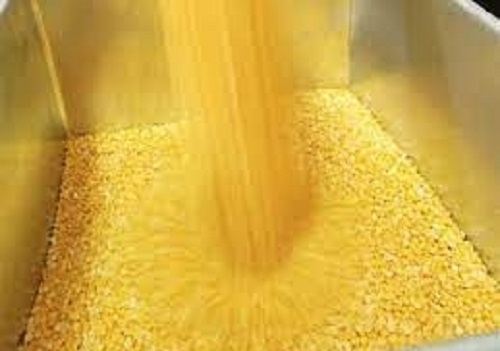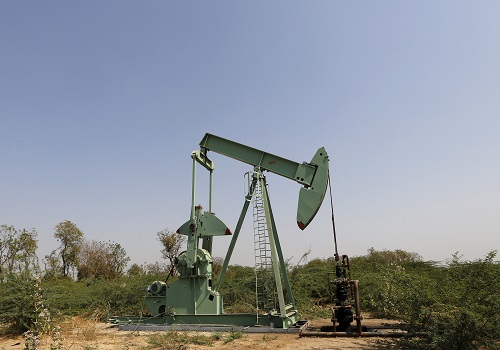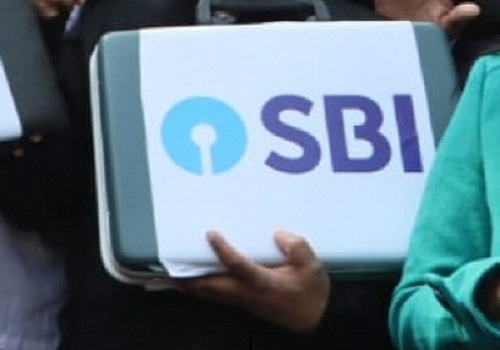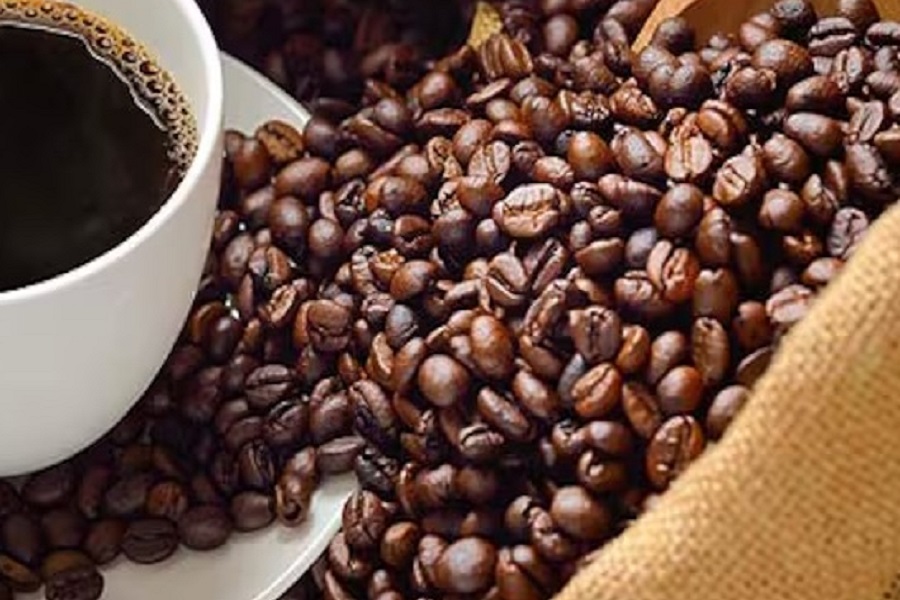Government imposes stock limits on traders to keep prices of pulses in check

The Centre has issued an order imposing stock limits for pulses that can be stored by wholesalers, retailers, big chain retailers, millers, and importers to prevent hoarding and keep prices in check.
The order, which kicks in with immediate effect, prescribes stock limits for tur and chana, including kabuli chana, until September 30, 2024, for all states and Union Territories.
The action is part of a slew of measures taken by the government to keep prices of essential commodities under control. The stock limit is aimed at preventing unscrupulous elements from profiteering at the cost of consumers.
Stock limits applicable to each of the pulse individually will be 200 metric tonnes (MT) for wholesalers; 5 MT for retailers; 5 MT at each retail outlet and 200 MT at the depot for big chain retailers.
In the case of millers, the stock limit is the last 3 months of their production or 25 per cent of annual installed capacity, whichever is higher. Importers are barred from holding imported stock beyond 45 days from the date of Customs clearance, according to an official statement.
“The respective legal entities are to declare the stock position on the portal (https://fcainfoweb.nic.in/psp) of the Department of Consumer Affairs and in case the stocks held by them are higher than the prescribed limits, they shall bring the same to the prescribed stock limits by July 12, 2024,” the order said.
The Department of Consumer Affairs has been closely monitoring the stock position of pulses through the stock disclosure portal.
The Department had, in the first week of April, communicated to the state governments to enforce mandatory stock disclosure by all stockholding entities, which was followed up with visits to major pulses-producing states and trading hubs across the country from the last week of April till May 10.
Separate meetings with traders, stockists, dealers, importers, millers, and big chain retailers were also held to encourage and sensitise them for truthful disclosure of stocks and maintaining the affordability of pulses for the consumers.
Sowing of Kharif pulses like tur and urad is expected to increase significantly this season due to high price realisation by farmers and above-normal monsoon rains predicted by the IMD.
Further, tur imported from East African countries is expected to arrive from August onward.
These factors are expected to help bring down the prices of Kharif pulses like tur and urad in the coming months.























